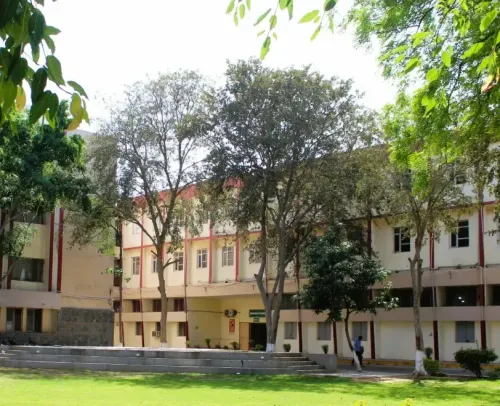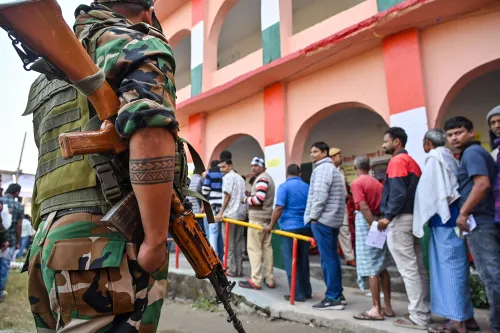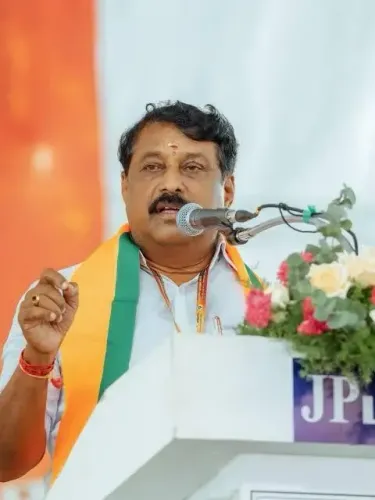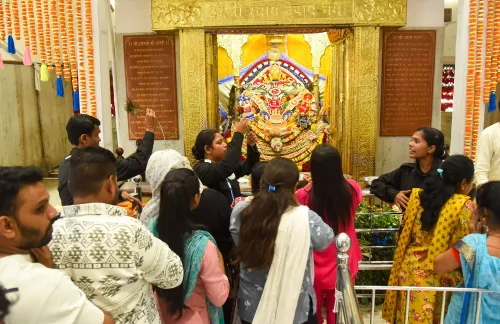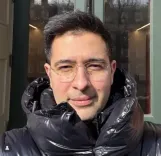Why is the Government Opposing the BBC's Pahalgam Coverage?
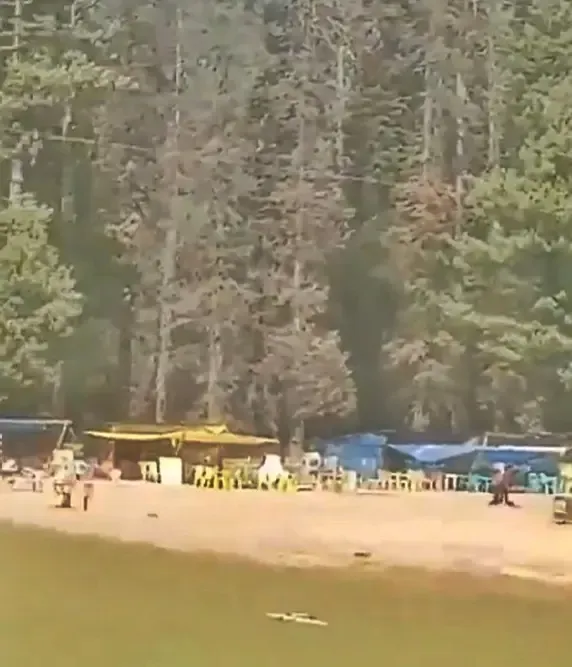
Synopsis
Key Takeaways
- The Indian government has formally objected to the BBC's use of the term 'militants' in reporting on a terror attack.
- The media's language can shape perceptions of terrorism and influence public opinion.
- Social media backlash indicates widespread concern over misrepresentation of such incidents.
- High-profile condemnation from leaders like the UK Prime Minister emphasizes the severity of the attack.
- International media scrutiny is crucial for accurate reporting on sensitive topics like terrorism.
New Delhi, April 28 (NationPress) The Central government has submitted a formal communication to the BBC, expressing India's strong discontent regarding the British broadcaster's coverage of the Pahalgam terror attack, where terms such as 'militants' were utilized.
The government has also cautioned the BBC about the headline stating, "Pakistan suspends visas for Indians following deadly Kashmir attack on tourists".
In its report, the BBC referred to Pahalgam as "Indian-administered Kashmir", failing to recognize it as an essential part of India, and described the severe terror incident as a "militant attack" executed by "gunmen".
The BBC article noted, "Police in Indian-administered Kashmir state that all three suspects identified are affiliated with the Pakistan-based militant group Lashkar-e-Taiba (LeT). No comments have been obtained from the suspects on these claims."
Numerous social media users highlighted that the BBC's headline seemed misleading, implying that "India killed the tourists".
According to sources, the External Publicity Department of the Ministry of External Affairs (MEA) communicated the nation’s strong sentiments to India’s head for the BBC, Jackie Martin, regarding the broadcaster's portrayal of the terror event.
Sources indicated that a formal letter has been dispatched, contesting the BBC's characterization of terrorists as "militants". The government intends to keep a close watch on the BBC's coverage.
This objection arises in the context of the brutal assault in Jammu and Kashmir's Pahalgam, where terrorists specifically targeted Hindus and murdered them. The attack was subsequently claimed by 'The Resistance Front', a faction of the banned Pakistan-origin terror group Lashkar-e-Taiba.
The assailants opened fire on a group of tourists in the Baisaran Valley, resulting in the deaths of 26 individuals and wounding several others, including a Nepali national.
Shocking visuals from the site have circulated widely, depicting chaos and indiscriminate firing by the attackers.
UK Prime Minister Keir Starmer denounced the attack, labeling it "utterly devastating."
In a social media post, Starmer stated, "The horrific terrorist attack in Kashmir is utterly devastating. My thoughts are with those affected, their loved ones, and the people of India."
Meanwhile, the US government recently criticized a notable American media organization for its coverage similar to the BBC regarding the April 22 terrorist attack in Pahalgam.
The US House Foreign Affairs Committee reprimanded The New York Times, accusing it of downplaying the attack by using terms like "militants" and "gunmen" instead of "terrorists."
In a post on X, the Committee displayed an image of the original New York Times headline - "At Least 24 Tourists Gunned Down by Militants in Kashmir" - with the word "militants" struck out and replaced with "terrorists" in bold red. "Hey, The New York Times we fixed it for you. This was a TERRORIST ATTACK plain and simple. Whether it's India or Israel, when it comes to TERRORISM the NYT is removed from reality," the Committee asserted.

